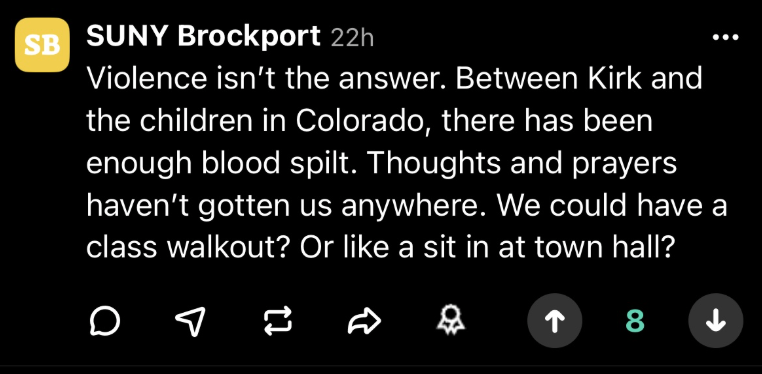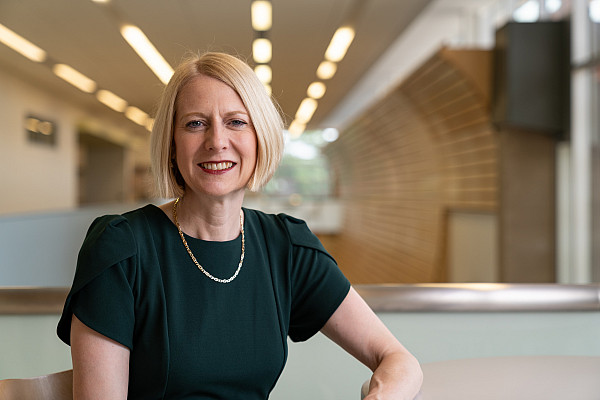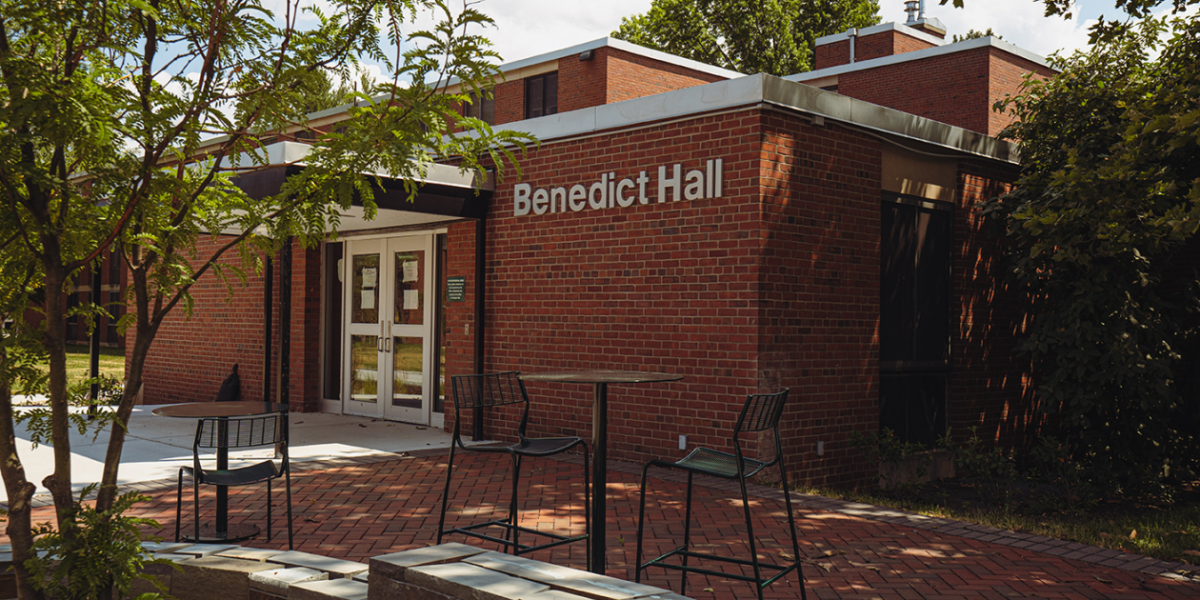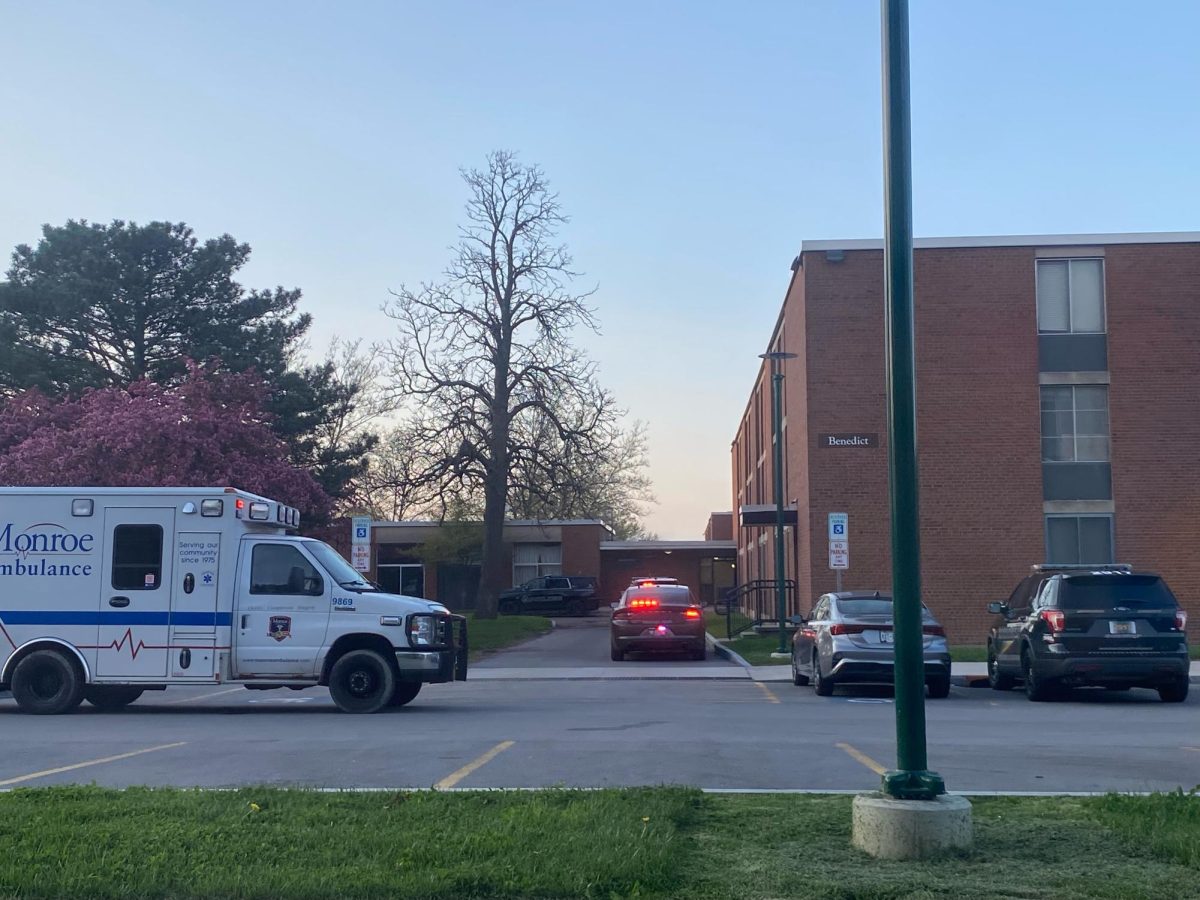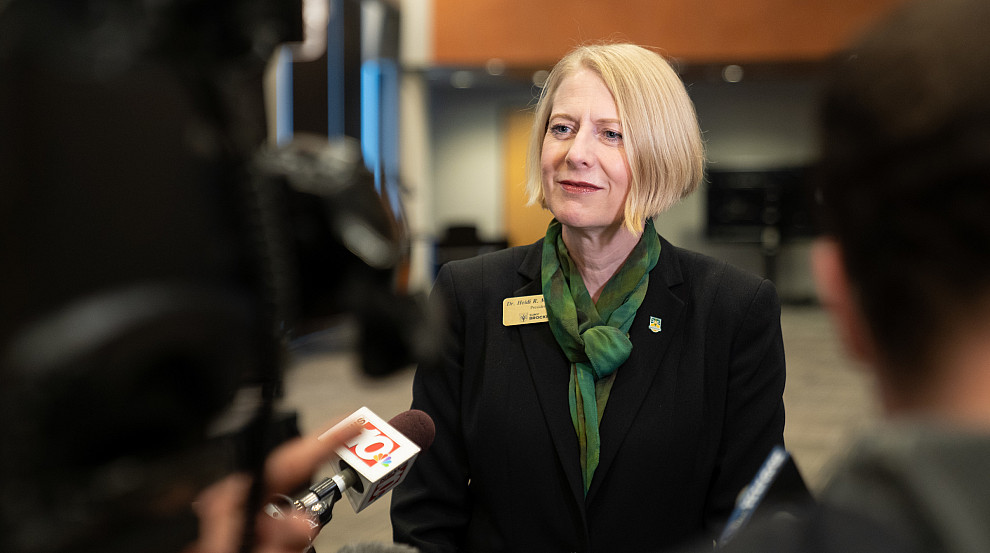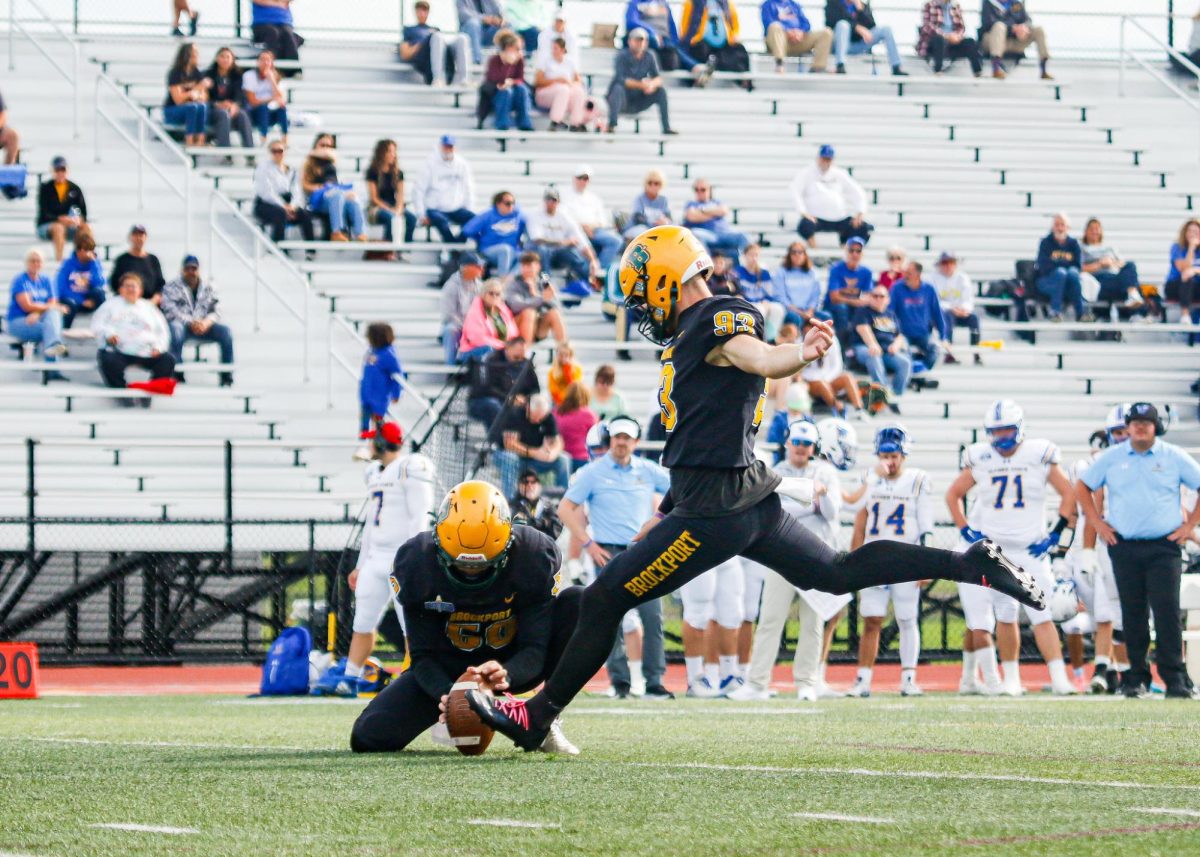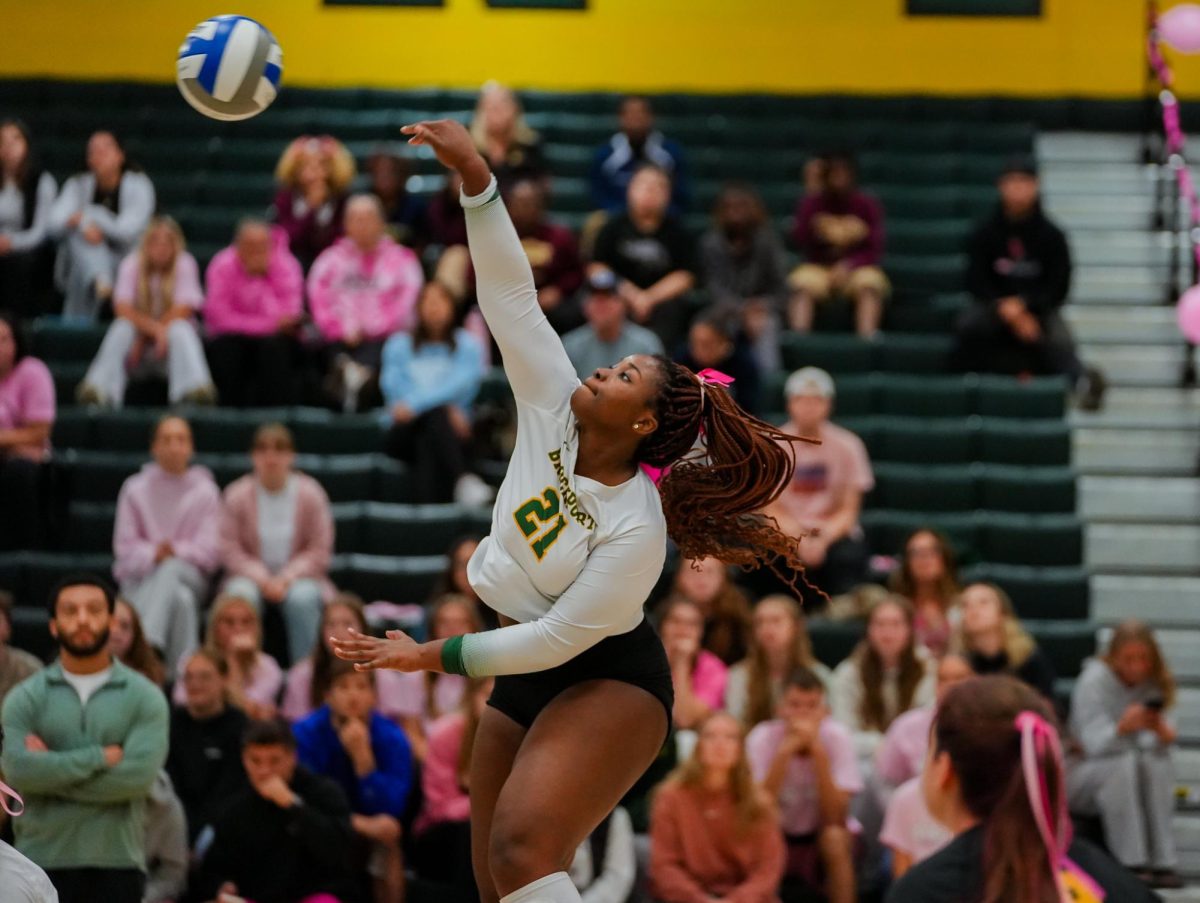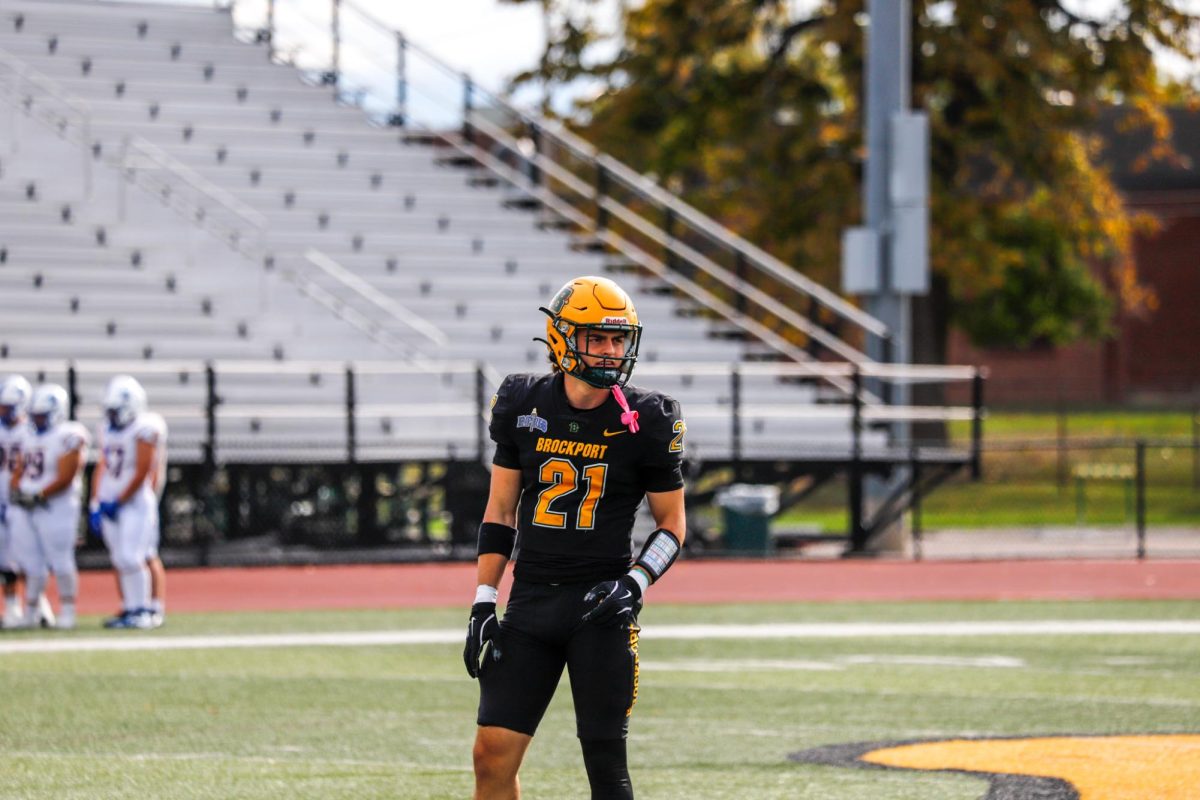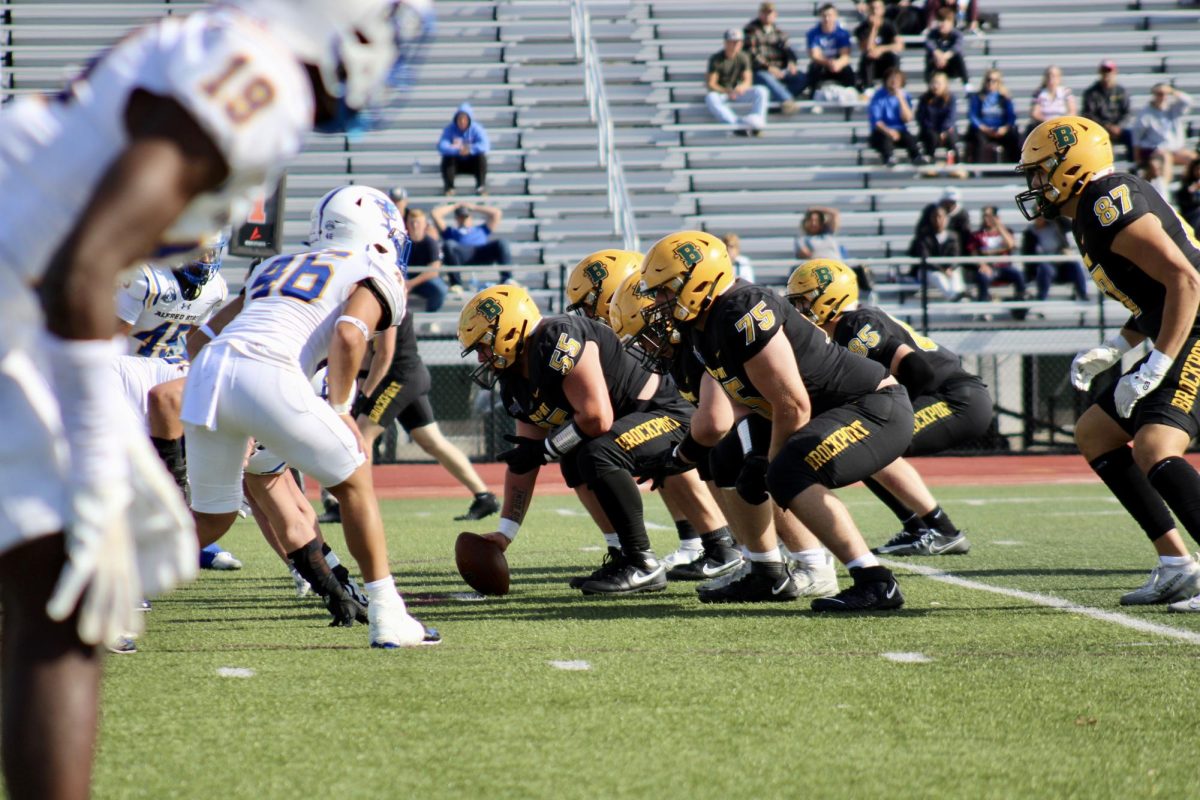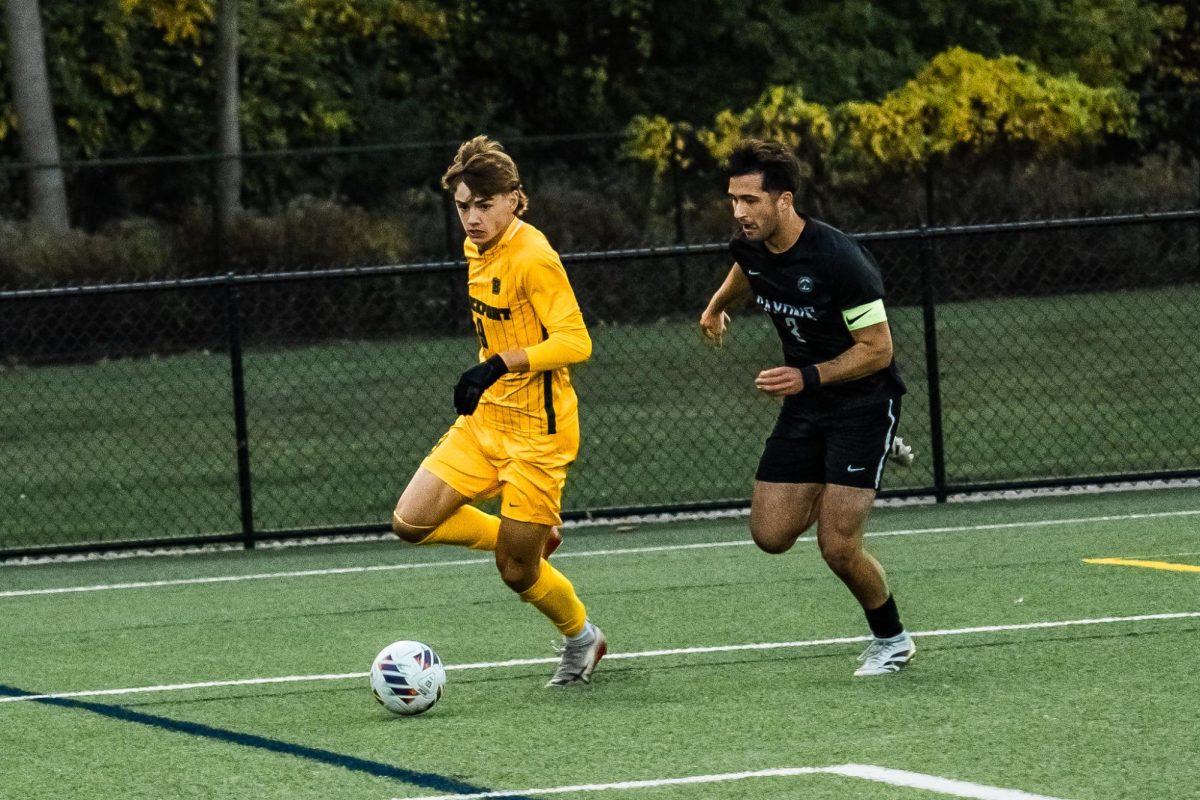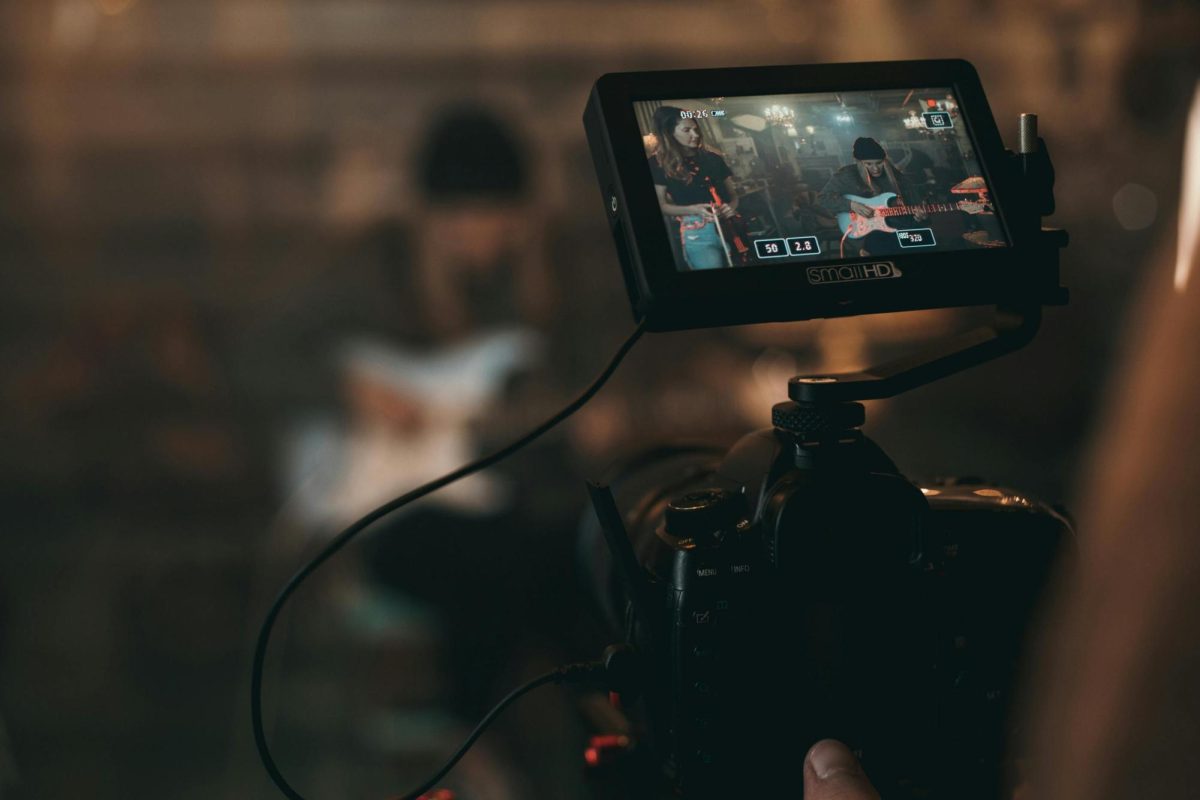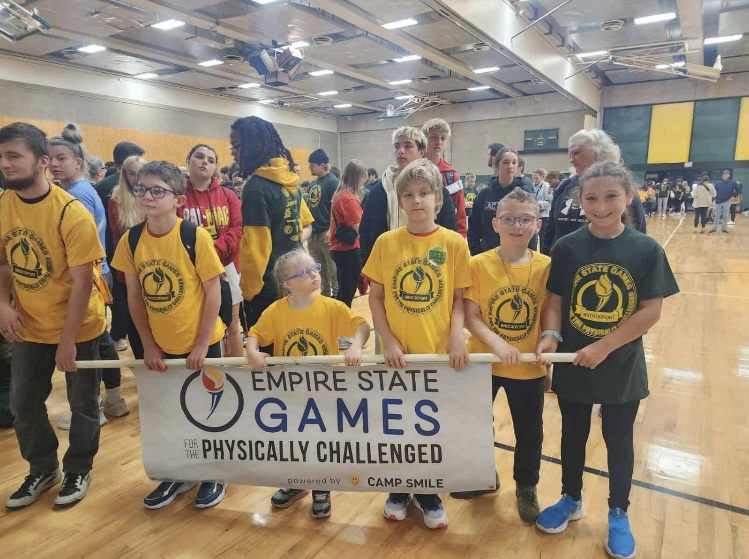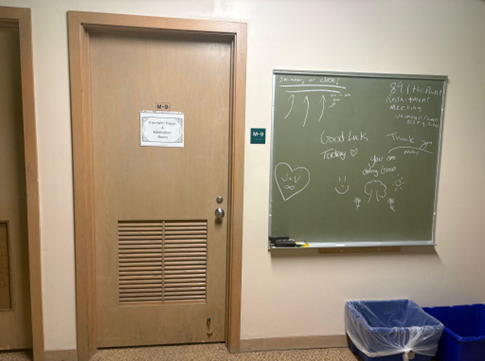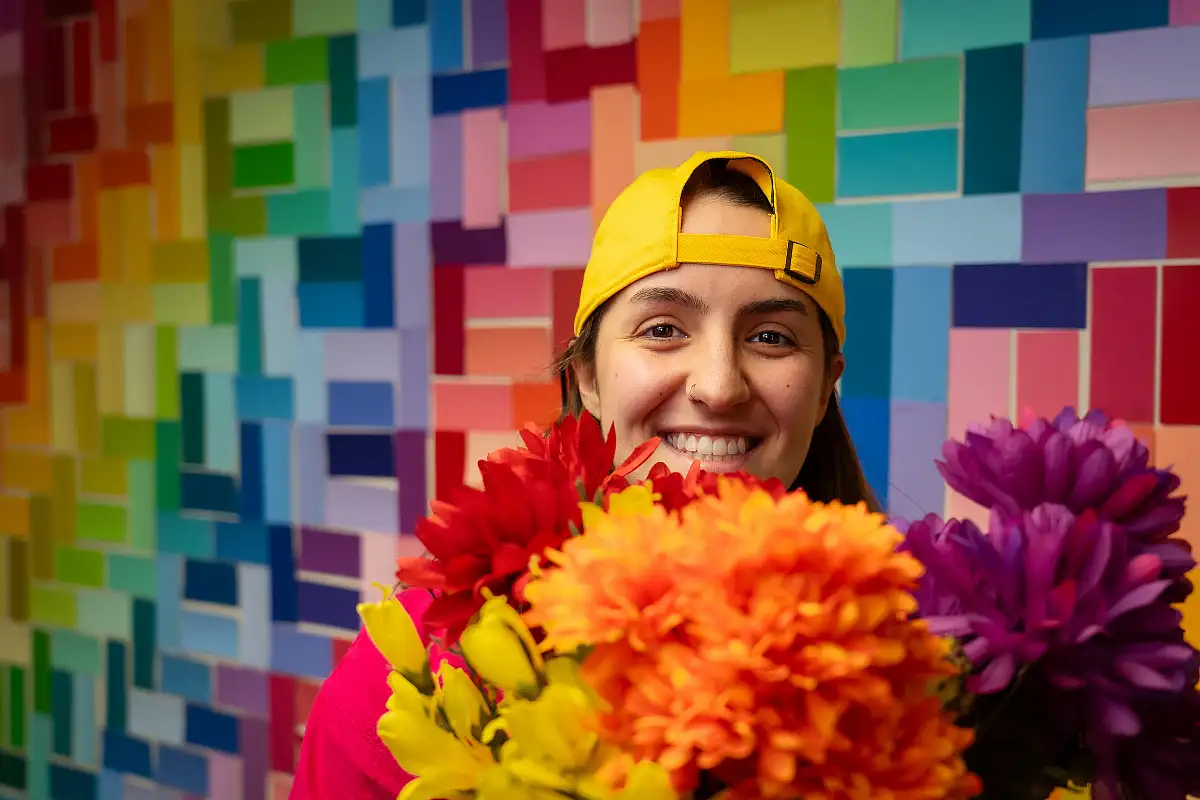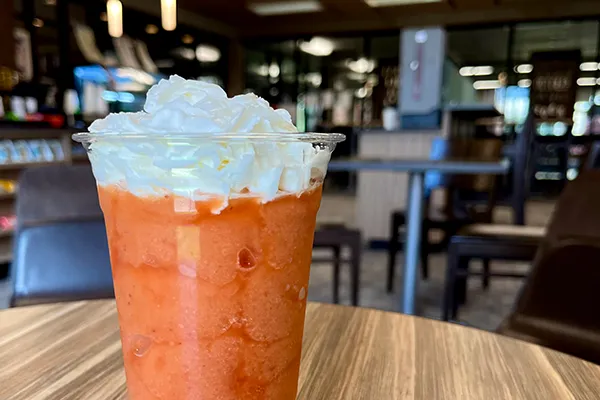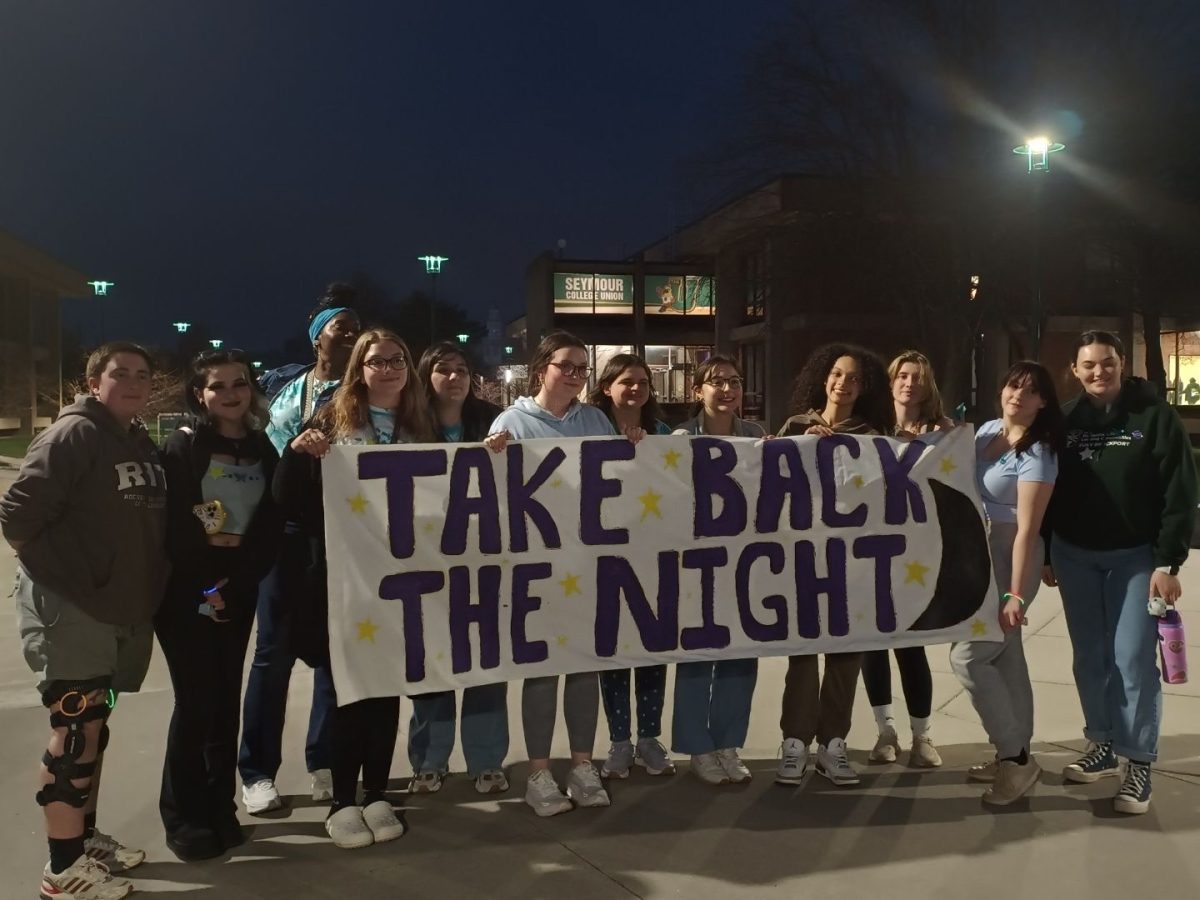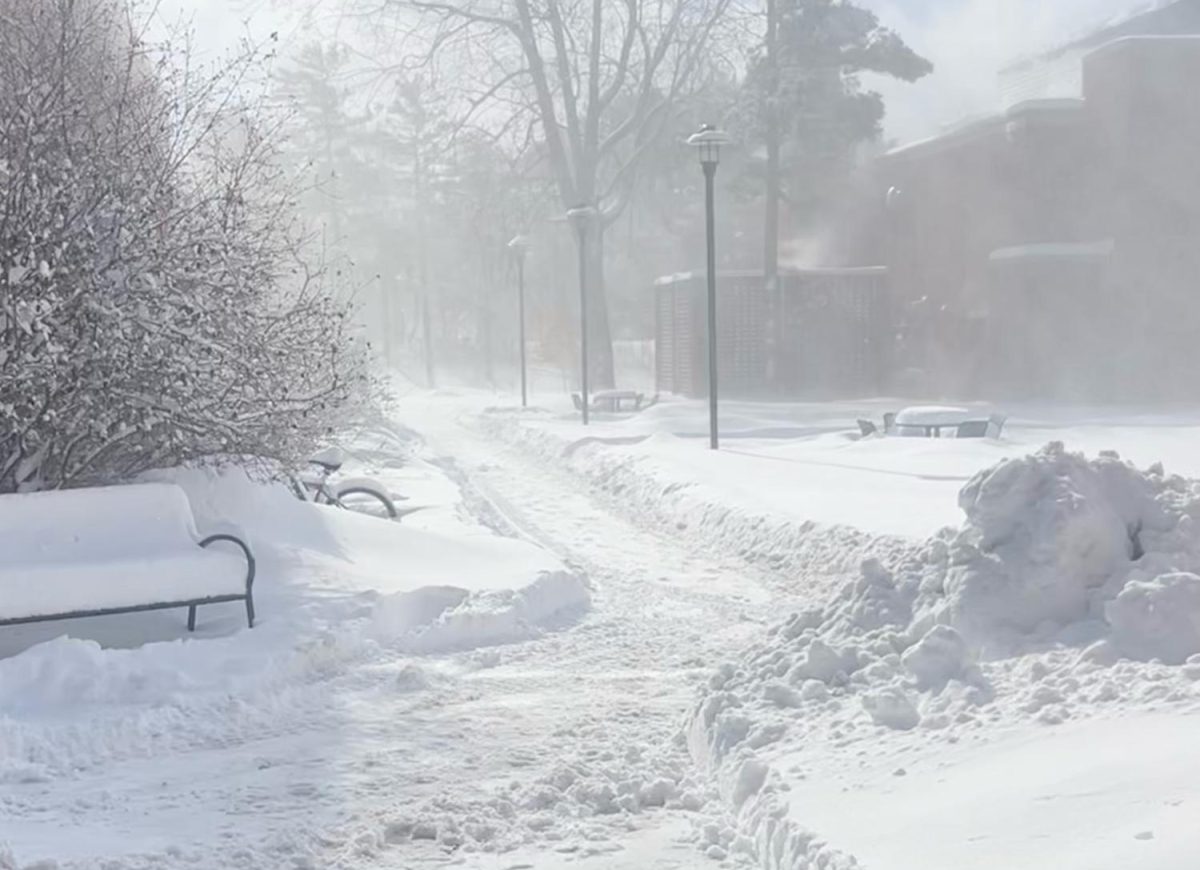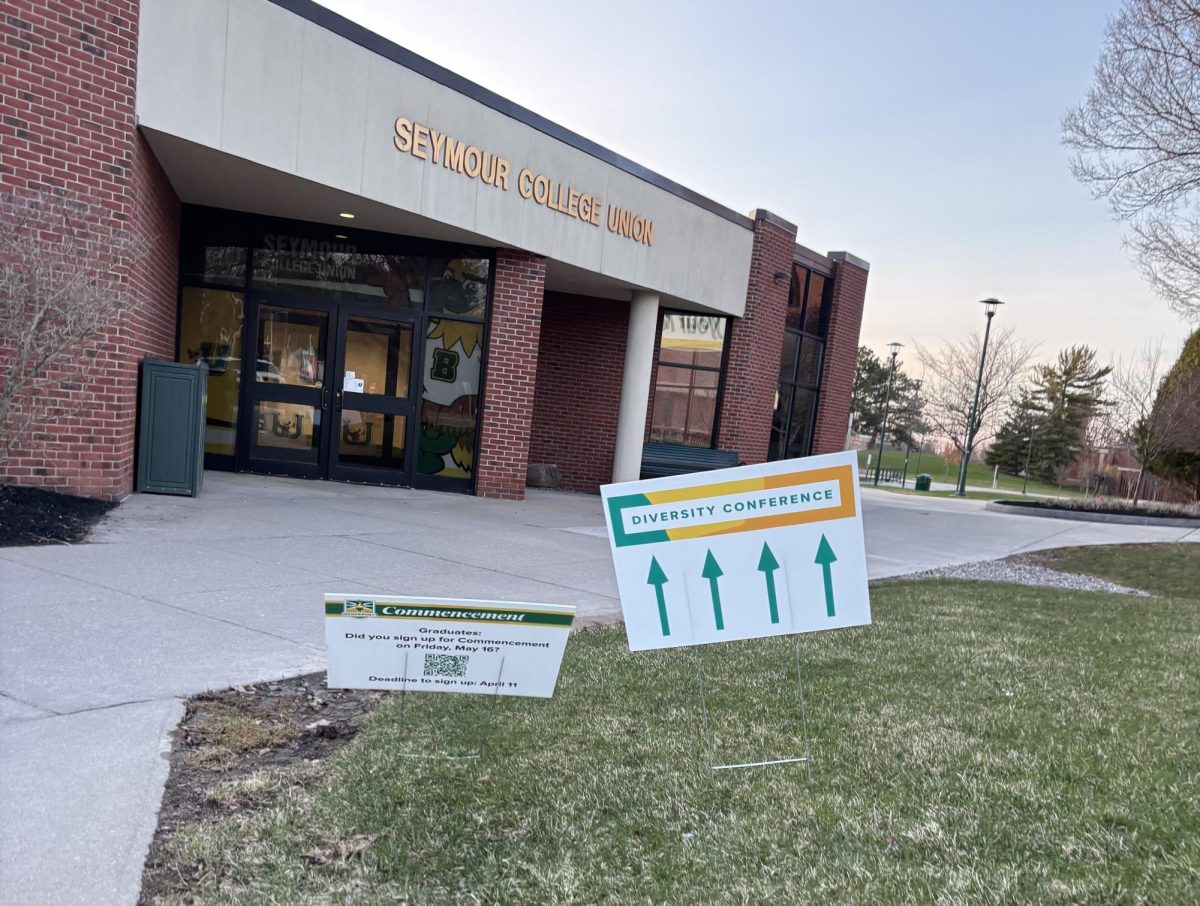As part of SUNY Brockport’s Annual Diversity Conference, the university hosts a lecture sponsored by the Malik History Fund. This academic funding was created to promote understanding of the Islamic world and the issues faced in the Middle East. This year, the lecture focused on the Israel/Palestine conflict and featured two speakers from opposite sides of the war, but with a common goal.
The lecture was presented by the history department. Associate Professor Dr. Carl Dávila opened the lecture by outlining the purpose of the session and introducing the two speakers, who were there via Teams video call to present to students and faculty alike. Dávila also introduced the origin and purpose of the lecture.
“First of all, this lecture is part of the Salahuddin Malik Fund, he and his wife set up a fund within the department of history to support a lecture series and also to provide money for a scholarship for students,” Dávila said. “Also, of course this lecture is being brought to you in part through the support of the Office of Equity, Diversity and Inclusion.”
The two virtual panelists that gave the audience insight on this complicated issue were Maayan Inon and Musa Jama’a. Inon is an Israeli woman that suffered losses during the tragic events of October 7, 2024, and Jama’a is a Palestinian man born and raised in Jerusalem with family in the West Bank. Despite seemingly being on opposite sides of a monumental conflict, the two have a shared mission of peace.
Inon’s journey towards this mission of peace started with the mourning of her parents that were killed in their home on October 7. Jewish mourning rites helped her and her family realize that they don’t want to fight fire with fire.
“In the Jewish faith, there is the mourning tradition called ‘sitting Shiva.’ It is a week of mourning after a person dies that everyone comes and mourns together,” Inon said. “We decided that we wanted to bring a voice that says we don’t want revenge. We are looking for ways to change reality and change the future towards a place that both people, Israelis and Palestinians, can live together.”
The organization both Inon and Jama’a belong to is called the Parents Circle Families Forum (PCFF), which is made up of both Israelis and Palestinians that have lost a close family member as a direct result of the violence. Jama’a believes in their values of unity and peace and wants to create this future for the generations after him.
“I don’t do what I do for myself, I do it for my children. So I prefer to start from the bottom to change and speak not just about my story, but to have this exchange to talk more about peace and the things that we do,” Jama’a said.
Both presenters speak on behalf of PCFF when they talk about bringing Israelis and Palenstinians together and stopping the violence that has prevailed for so long. The core of their motivation is seeing the best in people and understanding that no one truly wants to live constantly at war with one another.
“I believe that most of the people are actually good people and want to raise their children for life. They didn’t raise them to die, so revenge cannot be the answer for life,” Inon said. “I think fear is something that is very hard to feel and you can calm the fear by becoming angry. But that is not the answer.”
The audience was able to ask questions to both panelists for the second half of the lecture, and one of the most common questions was about how people in the United States can help PCFF succeed. This is something that people have been talking about since the events of October 7, but there has been no clear answer. Jama’a provides insight as to why that is.
“In my opinion, Israelis and Palestinians need to come together to talk about peace, but the United States doesn’t want to see us in that situation. They benefit from this conflict, so they don’t want this to end,” Jama’a said.
Inon agrees and expands on that statement by saying that this conflict is representative of bigger issues that are happening all over the world.
“I think this is really us helping us, because every person on earth feels that the world is not going in a direction we want to see. So, each of you is important and each one of you has a hundred percent responsibility for how to communicate and maintain relationships and reduce violence everywhere,” Inon said.
Jama’a and Inon will continue their work in PCFF campaigning for peace between Israel and Palestine, and you can aid and honor that work by taking their advice: spread peace and reduce harm in every way possible, because change happens from the bottom up.

